- Overview
- Symptoms & Types
- Tests & Diagnosis
- Treatment
- Living With
- Support & Resources
- View Full Guide
Visual Guide to High Blood Pressure

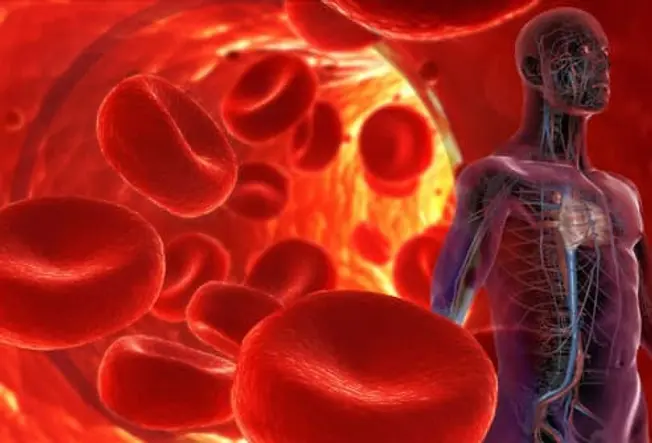
What Is Hypertension?
Hypertension, or high blood pressure, is a common condition. The older you are, the more likely you are to get it. Blood pressure is the force of blood pressing against the walls of your arteries. When it's too high, your heart has to work harder. This can cause serious damage to your arteries. Over time, uncontrolled high blood pressure makes you more likely to get heart disease, stroke, and kidney disease.
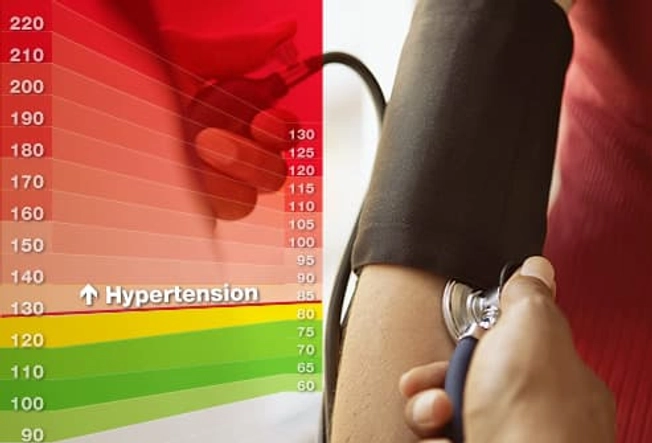
Hypertension Symptoms
High blood pressure is often called a silent killer because it doesn't always have outward symptoms. That means you could have it for years and not know. It can quietly damage your heart, lungs, blood vessels, brain, and kidneys if it isn't treated. It's a major cause of strokes and heart attacks in the U.S.
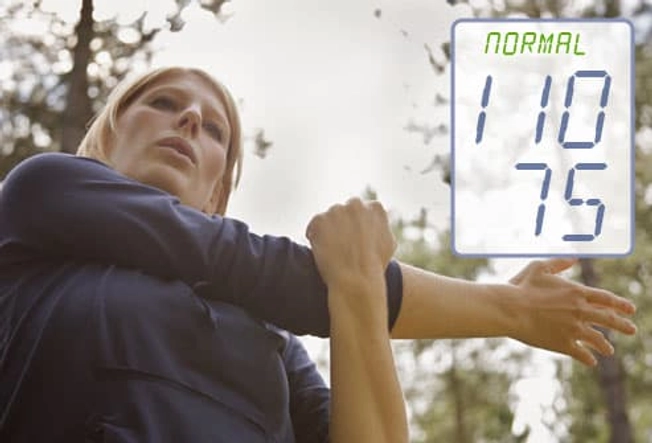
What Do the Numbers Mean?
Normal blood pressure readings will fall below 120/80. Higher results over time can indicate hypertension. The top number (systolic) shows the pressure when your heart beats. The lower number (diastolic) measures pressure at rest between heartbeats, when your heart refills with blood.
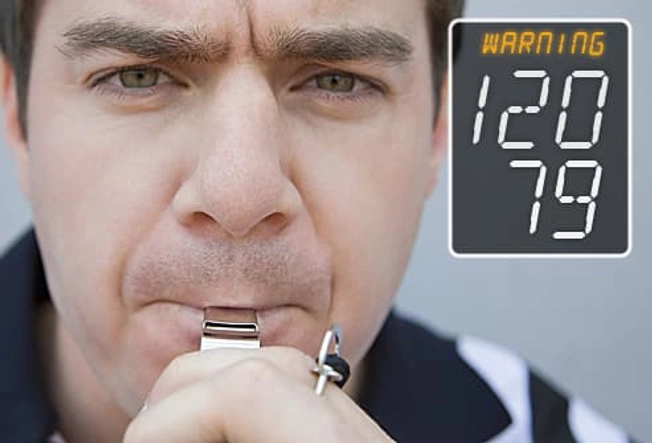
Elevated Blood Pressure: A Warning Sign
Elevated blood pressure is consistently just above the normal level -- anywhere between 120 and 129 for systolic pressure and less than 80 for diastolic pressure. People in this range are more likely to get heart disease than those with a lower reading. Your doctor may suggest lifestyle changes to help get your numbers down.
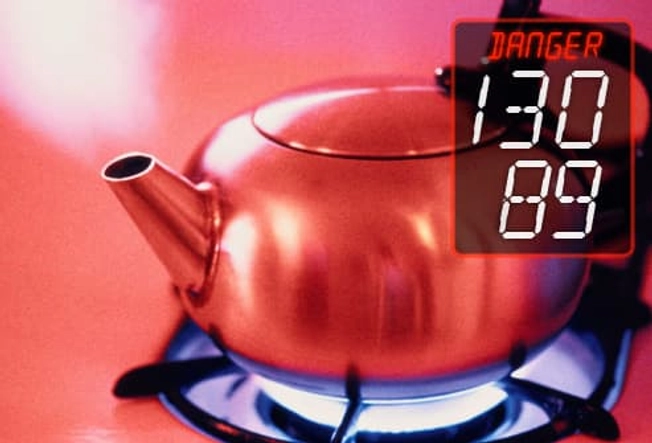
The Hypertension Danger Zone
You have stage 1 high blood pressure if your systolic reading is between 130 and 139 or your diastolic is between 80 and 89. A reading of 140 or higher systolic or 90 or greater diastolic is stage 2 hypertension. You may not have symptoms. If your systolic is over 180 or your diastolic is above over 120, you may be having a hypertensive crisis, which can lead to a stroke, heart attack, or kidney damage. Rest for a few minutes and take your blood pressure again. If it's still that high, call 911. Symptoms include a severe headache, anxiety, and nosebleeds. You might feel short of breath or pass out.
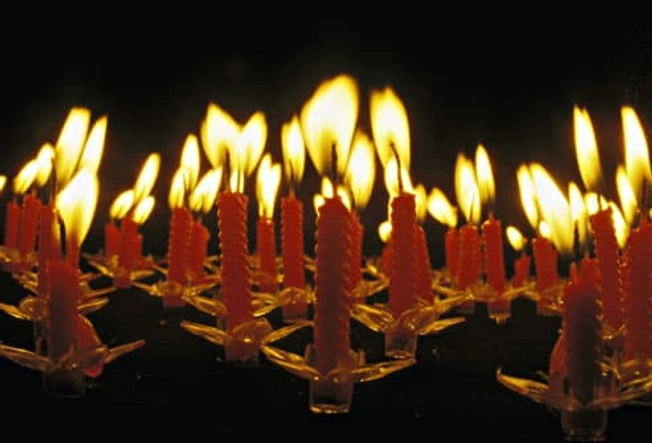
Who Gets High Blood Pressure?
Up to age 45, men are more likely to have high blood pressure than women. Things even up as we grow older, and by 65 it's more common in women. You're more likely to get it if a close family member has it. It's also widespread among people with diabetes. But in most cases, the cause isn't known. Sometimes, kidney or adrenal gland disease can bring it on.

Race Plays a Role
African-Americans are more likely to get hypertension -- and at a younger age. Genetic research suggests they're more sensitive to salt. Diet and excess weight make a difference, too.
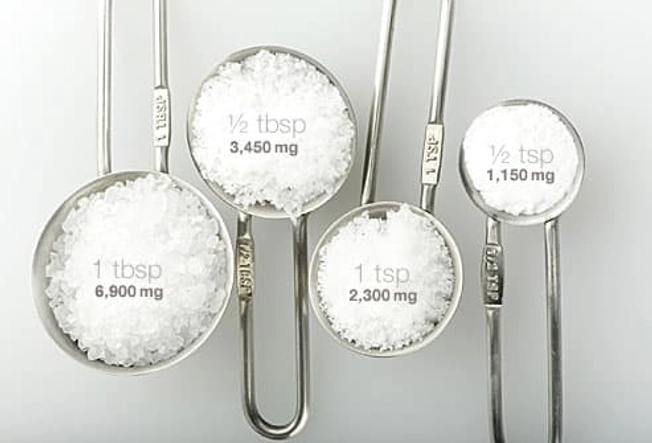
Say No to Sodium
Or at least watch how much you get. This building block of salt causes your body to retain fluid. That puts a greater burden on your heart and boosts your blood pressure. Aim for less than 2,500 milligrams of sodium per day. You'll need to check nutrition labels and menus carefully. Processed foods make up the bulk of our sodium intake. Canned soups and lunch meats are prime suspects.
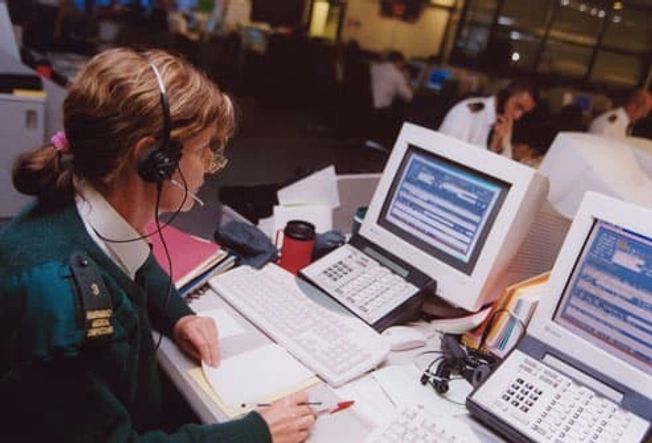
Get a Handle on Stress
It can make your blood pressure spike, but there's no proof stress keeps it high long-term. To manage it, stay away from unhealthy things like poor diet, alcohol use, and smoking. All are linked to high blood pressure and heart disease.
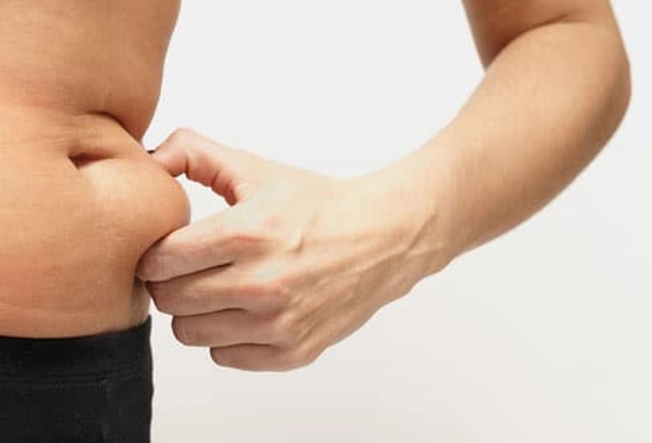
Drop Those Extra Pounds
They put a strain on your heart and raise your odds of having high blood pressure. That's why diets designed to lower blood pressure also aim to control calories. You'll cut out fatty foods and extra sugars, while adding fruits, vegetables, lean protein, and fiber. Even a 10-pound weight loss can make a difference.

Cut Back on Booze
Too much alcohol can boost your blood pressure. Limit drinks to no more than two a day for men, or one for women. How much is that?
- 12 ounces of beer
- 4 ounces of wine
- 1.5 ounces of 80-proof spirits
- 1 ounce of 100-proof spirits
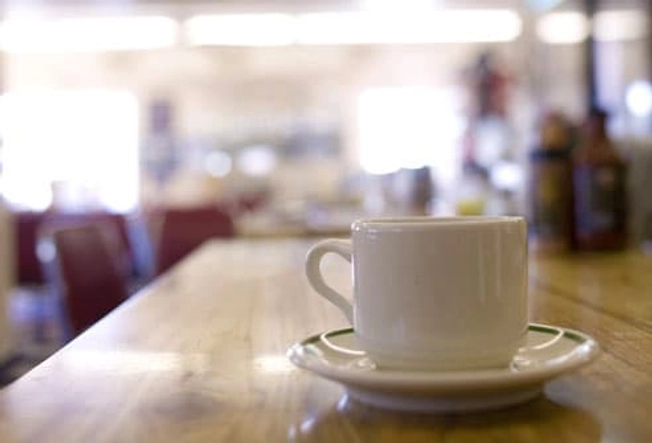
Caffeine Is OK
It can make you jittery, so does caffeine also raise your blood pressure? It might for a little while, but there's no link between caffeine and hypertension. You can safely drink one or two cups of coffee a day.

Moms-to-Be Can Get It
Gestational hypertension can affect women who've never had high blood pressure before. It usually happens in the second half of pregnancy. Without treatment, it may lead to a serious condition called preeclampsia. This limits blood and oxygen flow to your baby and can affect your kidneys and brain. After delivery, your blood pressure should return to its normal level, but it is possible for the condition to persist for several weeks..
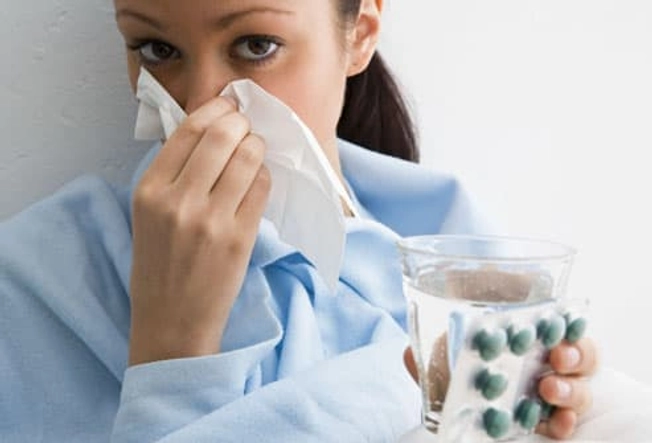
Medication Might Bring It On
Cold and flu medicines with decongestants are one of several classes of medication that can raise blood pressure. Others include NSAID pain relievers, steroids, diet pills, birth control pills, and some antidepressants. If you have high blood pressure, ask your doctor if any drugs or supplements you're taking could affect your readings.
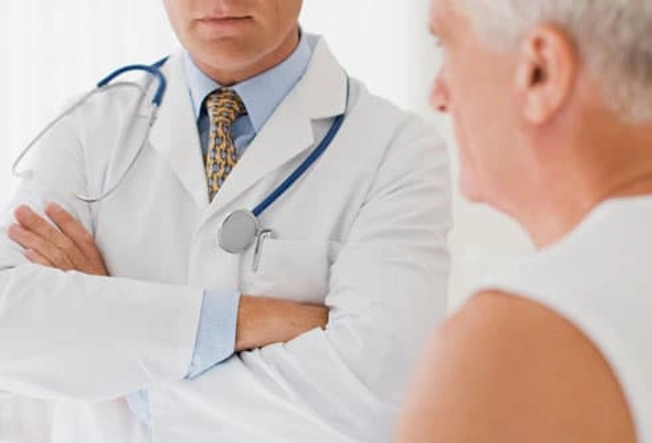
Your Stress Can Cause It
You may have a high reading only in the doctor's office. This is probably due to nerves. You might have one only every now and then. This could mean you're more likely to get high blood pressure later. For a more accurate reading, take your blood pressure at home, chart the results, and share them with your doctor. Bring your home monitor in so the doctor can check the device and your technique.
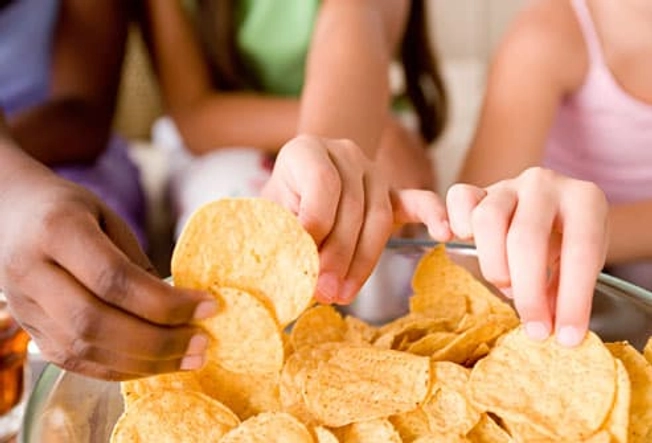
It Can Affect Kids
It's more often a problem for older people, but children can also have high blood pressure. What's normal varies based on a child’s age, height, and sex. Your doctor will need to tell you if there's a concern. Children are more likely to get it if they're overweight, have a family history of the illness, or are African-American.

Try the DASH Diet
You may be able to lower your blood pressure by eating better. The DASH Diet -- Dietary Approaches to Stop Hypertension -- calls for more fruits, vegetables, whole-grain foods, low-fat dairy, fish, poultry, and nuts. Steer clear of red meat, saturated fats, and sweets. Cutting back on sodium in your diet can also help.

Get More Exercise
Regular activity helps lower blood pressure. Adults should get about 150 minutes of moderate-intensity exercise every week. That could include gardening, walking briskly, bicycling, or other aerobic exercise. Add in some muscle strengthening at least 2 days a week. Target all your major muscle groups.
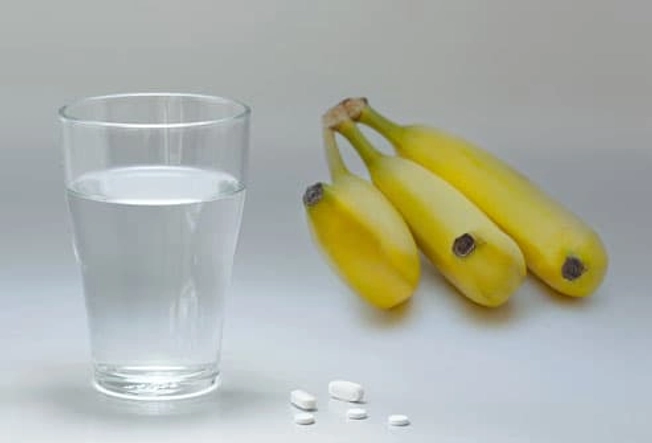
Diuretics Get Rid of Extra Water
Also called water pills, they're often the first choice if diet and exercise changes aren't enough. They help your body shed excess sodium and water to lower blood pressure. That means you'll pee more often. Some diuretics may lower the amount of potassium in your body. You might notice more muscle weakness, leg cramps, and fatigue. Others can boost blood sugar in people with diabetes. Erectile dysfunction is a less common side effect.
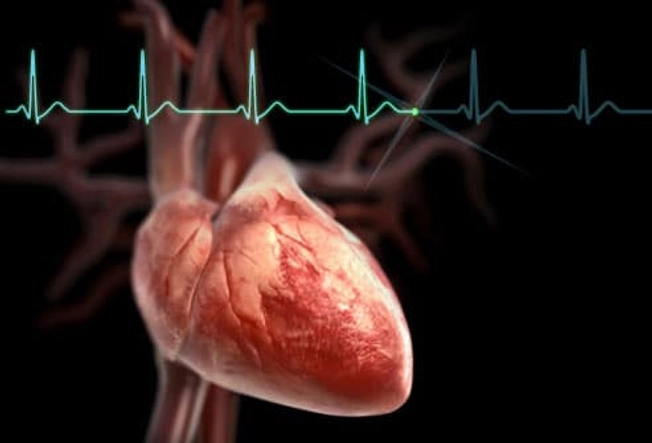
Beta-Blockers Slow Things Down
These drugs slow your heart rate, which means your ticker doesn't have to work as hard. They're also used to treat other heart conditions, like an abnormal heart rate, or arrhythmia. Your doctor may prescribe them along with other medications. Side effects can include insomnia, dizziness, fatigue, cold hands and feet, and erectile dysfunction.
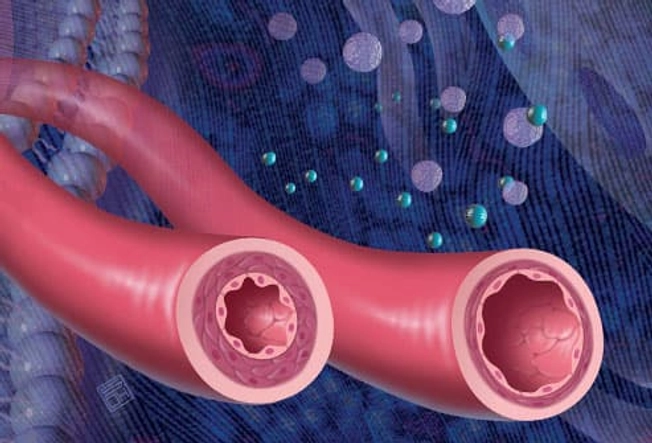
ACE Inhibitors Open Things Up
These meds lower your body's supply of angiotensin II -- a substance that makes blood vessels contract and narrow. The result is more relaxed, open (dilated) arteries, as well as lower blood pressure and less effort for your heart. Side effects can include a dry cough, skin rash, dizziness, and high potassium levels. Don’t get pregnant while taking one of these drugs.
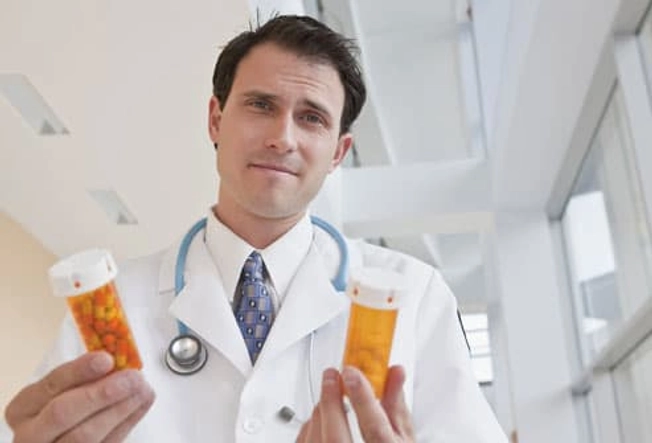
ARBs Keep the Flow Going
Instead of lowering your supply of angiotensin II, these drugs block receptors for angiotensin. It's like placing a shield over a lock. This blockade prevents the chemical's artery-tightening effects and lowers your blood pressure. ARBs can take several weeks to become fully effective. Possible side effects include dizziness, muscle cramps, insomnia, and high potassium levels. Don’t get pregnant while taking this medication.
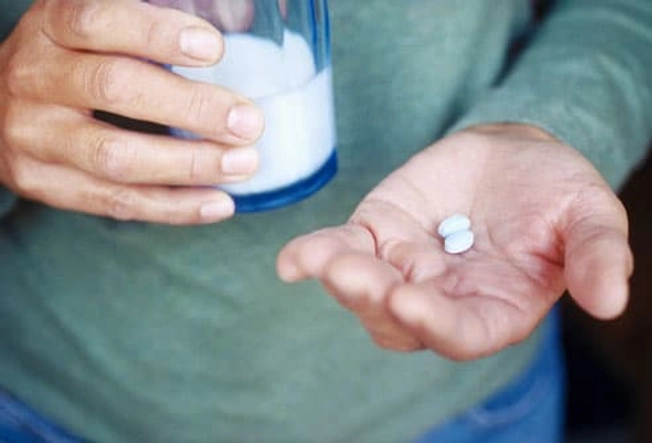
Calcium Channel Blockers Slow the Beat
Calcium causes stronger heart contractions. These medications slow its movement into the cells of your heart and blood vessels. That eases your heartbeat and relaxes your blood vessels. These meds can cause dizziness, heart palpitations, swollen ankles, and constipation. Take them with food or milk. Avoid grapefruit juice and alcohol because of possible interactions.
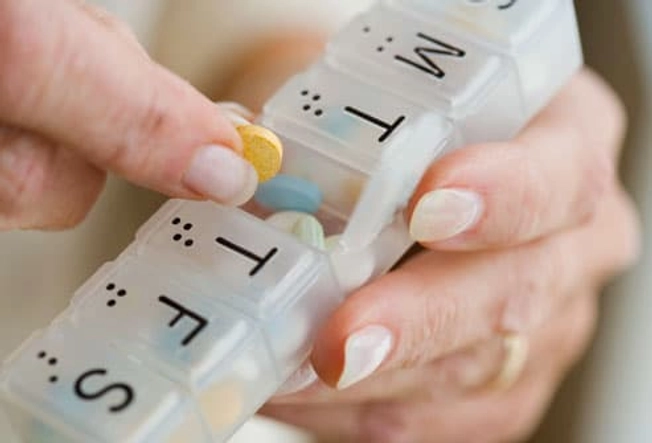
Other Medications Can Help
Vasodilators, alpha blockers, and central agonists also relax blood vessels. Side effects can include dizziness, a fast heartbeat or heart palpitations, headaches, or diarrhea. Your doctor may suggest them if other blood pressure medications don't work well enough or if you have another condition.

Complementary Therapies Are an Option
Meditation can lower blood pressure by putting your body into a state of deep rest. Yoga, tai chi, and deep breathing also help. Pair these relaxation techniques with other lifestyle changes, like diet and exercise. Be aware that herbal therapies may conflict with other drugs you take. Some herbs actually raise blood pressure. Tell your doctor if you take herbal or other dietary supplements.

Living With High Blood Pressure
Hypertension is often a lifelong condition. It's important to take your medications and continue to monitor your blood pressure. If you keep it under control, you can lower your odds of stroke, heart disease, and kidney failure.